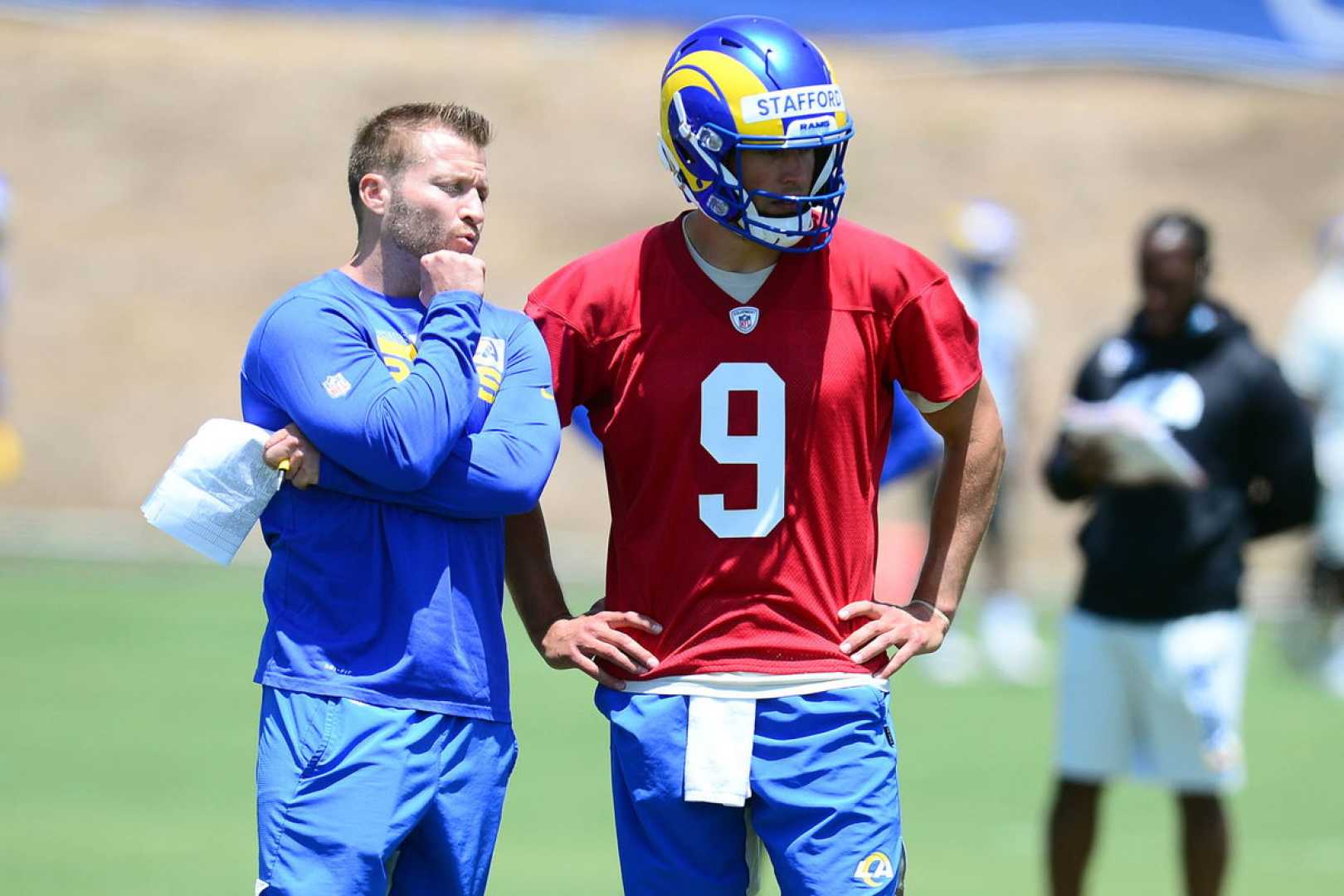Sports
Rise of Young NFL Coaches: A Shift in Leadership Dynamics

The National Football League (NFL) has witnessed a notable trend towards the hiring of younger head coaches in recent years. This shift is often attributed to the groundbreaking appointment of Sean McVay as head coach of the Los Angeles Rams in 2017. At the time, McVay was 30 years and 11 months old and served as the offensive coordinator for the Washington Football Team before taking the reins at Los Angeles. His success in transforming the team into a Super Bowl contender has sparked a league-wide interest in younger, offensively-oriented coaching talents.
McVay’s influence is particularly evident in his ability to develop quarterback Jared Goff and subsequently guide the Rams to a Super Bowl victory in 2022, further solidifying his reputation. This achievement has encouraged NFL owners to seek similar results by engaging youthful coaches who can bring fresh strategies and perspectives to their franchises, although the outcomes have been inconsistent.
Entering the 2024 NFL season, the average age of head coaches stands at 47.7 years. Mike Macdonald, recently appointed as head coach of the Seattle Seahawks, has become the youngest head coach in the league at the age of 37. This appointment now positions Macdonald ahead of McVay, who previously held the title of the league’s youngest head coach for six seasons.
Currently, the NFL boasts five head coaches under the age of 40. These include not only offensive-minded leaders but also those with strong defensive backgrounds, illustrating a diversity in coaching paths contributing to the league’s evolving coaching ethos.
Historically, Sean McVay remains the youngest head coach appointed in the modern NFL era. His hiring marked a pivotal moment reflecting a broader trend. Other notable young coaches throughout NFL history include Lane Kiffin, who was hired by the Oakland Raiders at 31 years and 8 months, and Harland Svare, who was 31 years and 11 months old when he took over the Los Angeles Rams in 1962.
As teams continue to experiment with younger coaching talents, the league’s leadership landscape appears set to remain dynamic, with the potential for innovative approaches translating to on-field success.












